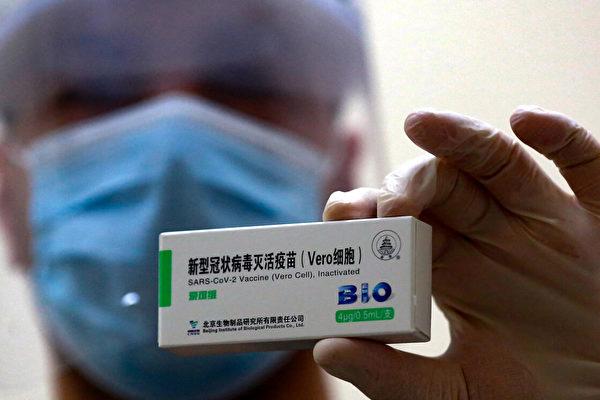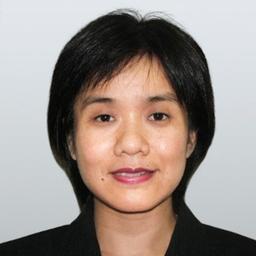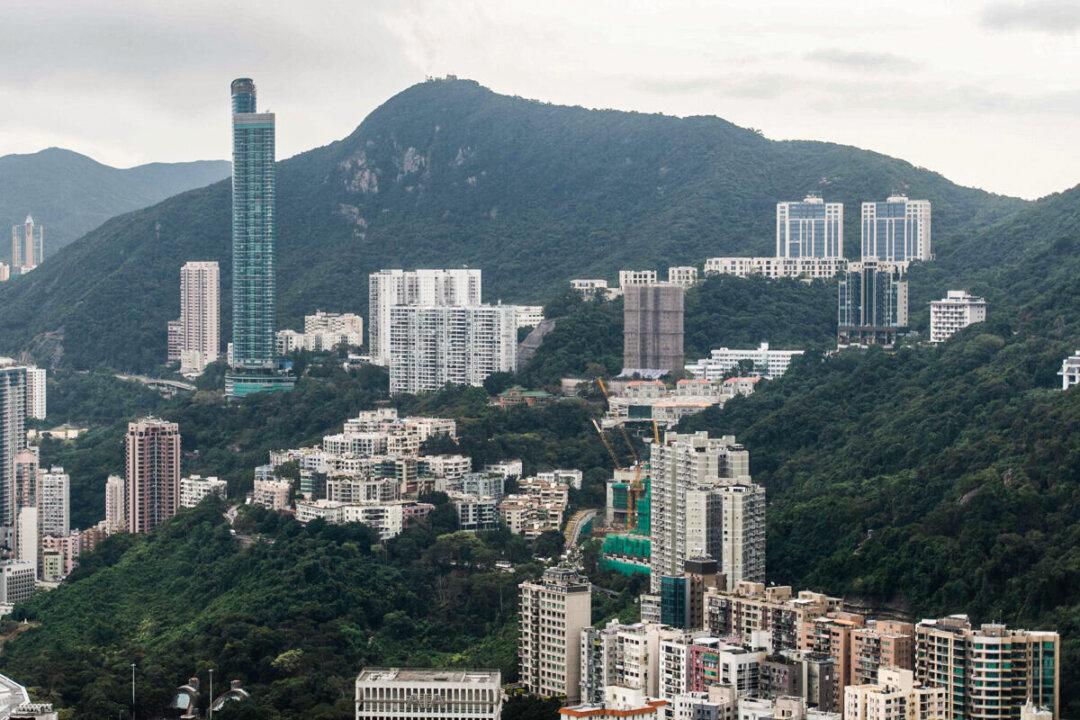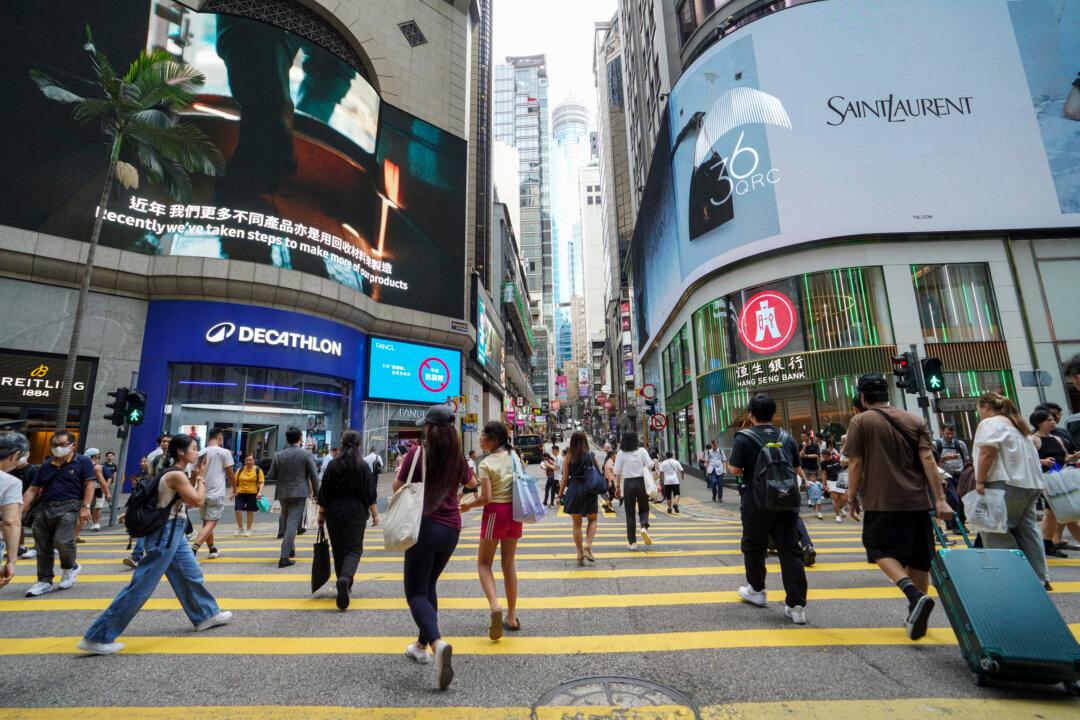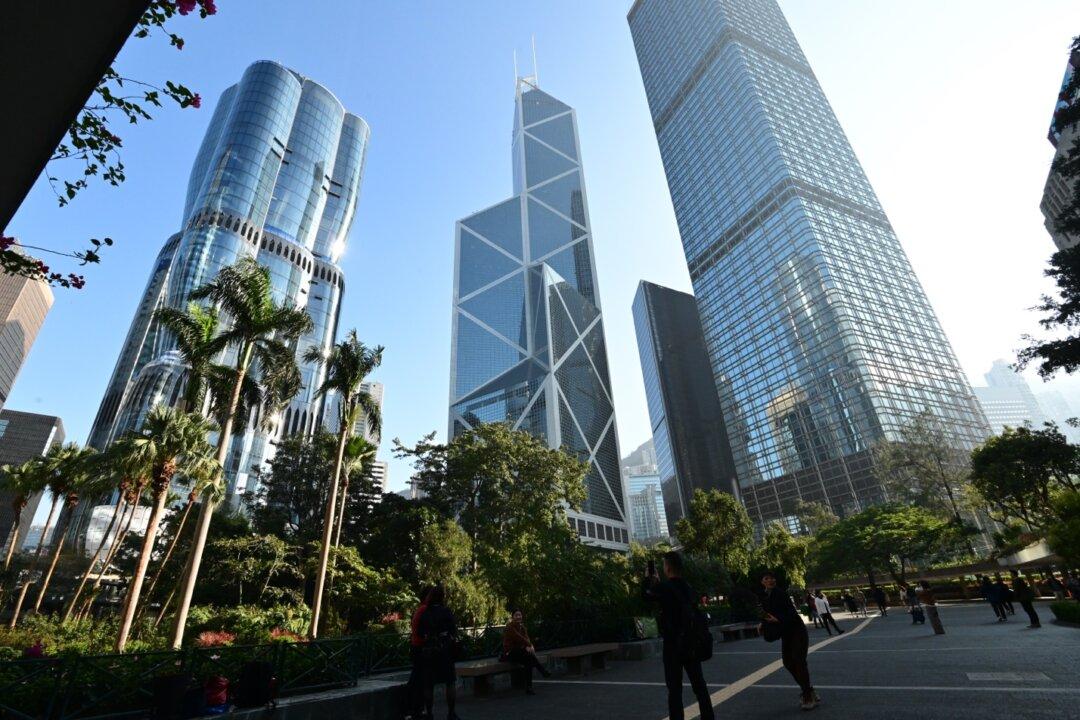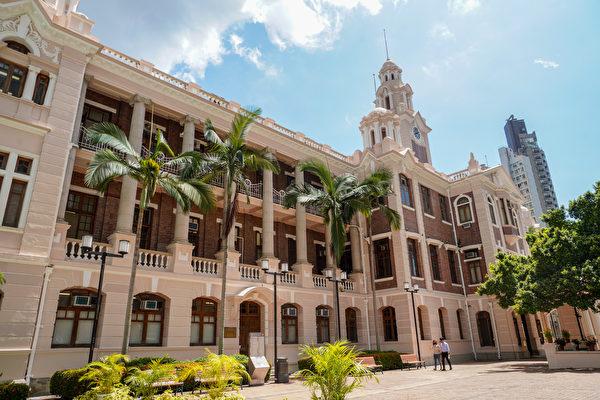Recent medical studies showed that the COVID-19 vaccines manufactured in China by Sinopharm and Sinovac Biotech lack the ability to cause production of sufficient neutralizing antibodies to combat the rapid spread of Omicron variants of the virus. Neutralizing antibodies bind to a pathogen and block it from causing infection. The level of antibodies produced is one of the primary indicators of a vaccine’s efficacy.
Currently, the two most used vaccines in China are Sinopharm’s BBIBP-CorV vaccine and Sinovac Biotech’s CoronaVac vaccine. Despite their shortcomings, both vaccines are not only in use across China but are exported to multiple countries.
